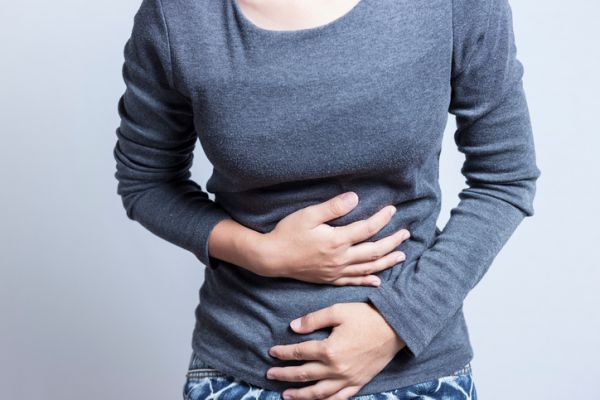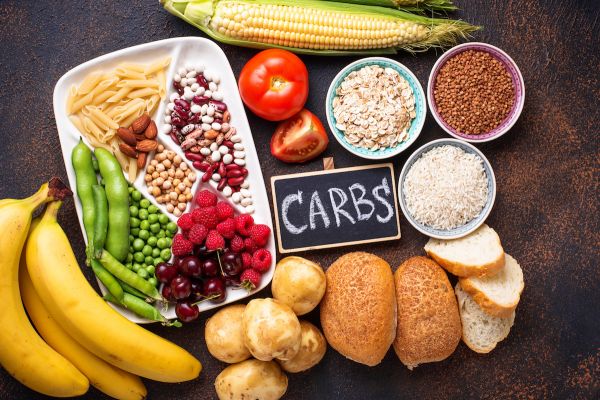One common dietary recommendation is to avoid or limit “processed foods.” You may hear that you should only eat foods with a certain number of ingredients, only shop the perimeter of a grocery store, or only use fresh, whole foods for “clean” eating. Does this mean that any food that is processed is bad for you?
No! In fact, lots of “processed” foods and foods with added ingredients found on the shelves of the inner grocery store aisles can be staples in a healthy diet. It is generally recommended to include lots of fruits and vegetables, whole grains, beans, nuts and seeds, and lean proteins in an overall healthy eating pattern. However, the vague recommendation to 'cut out processed foods' can lead to confusion and even unnecessary fear of certain foods.
What is a processed food?
Processed foods can range from any food that has been packaged, cooked, frozen, peeled, chopped, or prepared, to foods that are fortified or otherwise changed from their original state in any way. This definition can include pre-chopped produce, packaged cookies and everything in between. The recommendation to avoid processed food typically refers to more heavily processed foods and foods that have a lower nutrient density, higher calories, lower fiber, higher added sugar or salt, or snacks that are not going to help you feel full.
Let’s talk about why you might want to include some processed foods in your diet and what to look for to make the best choices for you.
Cost and convenience
Processed foods can save you time in the kitchen and be more budget friendly. Having shelf-stable foods on hand can help you make quick and easy meals when you are crunched for time or don’t feel up to cooking. Especially if you are a cancer patient, you may not have the energy or the desire to prepare food from scratch.
Don’t let a fear of processed foods stop you from getting the nutrition that you need. Stock up on budget-friendly canned foods like beans, tomatoes and tuna, and frozen fruits and vegetables to reduce potential waste from fresh produce going bad before you are able to prepare it. These foods also can be more affordable and available year-round when the fresh version may not be in season.
Other convenience items like bagged salads and microwaveable rice may be less cost effective but more of a time-saver. Consider using them to pack your lunch or make a quick weeknight dinner. Other examples of products that are technically processed but can be a part of a healthy diet include yogurts, hummus, whole grain breads, veggie burgers and some frozen meals.
Have more nutrition questions?
Our nutrition team at Roswell Park plays an important role in your care — before, during and after treatment.
Learn MoreMeeting your nutrient needs
One of the criticisms of processed foods is that they are higher in calories. Sometimes, especially during cancer treatment, you may need the extra calories that can come from convenience foods. Maybe you need to make sure you have adequate intake of a specific nutrient? Some processed foods that are fortified with different nutrients may be a good choice for you. If you need extra protein, adding a scoop of protein powder to a food or shake or having a pre-made protein drink may be just right for you.
Personal preference
Sometimes we choose processed foods for the flavor or added seasonings and that is okay too. Any healthy eating pattern should be balanced and not overly restrictive or require you to completely cut out your favorite foods without a specific medical reason.
Processed foods to limit
Now that we know you can incorporate some processed foods into a healthy eating pattern, let's look at some foods you might still want limit.
- Processed meats. Bacon, lunch meats and deli meats are linked to increased risk for colon cancer.
- Added sugar. Be sure to read the nutrition facts label to compare different products.
- Sodium. Some people with high blood pressure or other conditions may need to limit sodium. Read nutrition labels and look for canned goods and other products with no salt added. Be sure to discuss your individual nutrition needs with your registered dietitian.
- Trans fats. Derived from partially hydrogenated oils, trans fats used to be fairly prevalent in processed foods. However, they have been largely removed from the food supply.
When reading labels, remember to look at the nutrition facts label and the ingredient statement, not necessarily the claims on the front of the package. For example, the term “natural” has no real definition under the FDA and doesn’t help you make an informed food choice, and labels like “organic” or “gluten free” may give information that is important to you individually, but they do not mean that a food or product is necessarily healthier for you.



